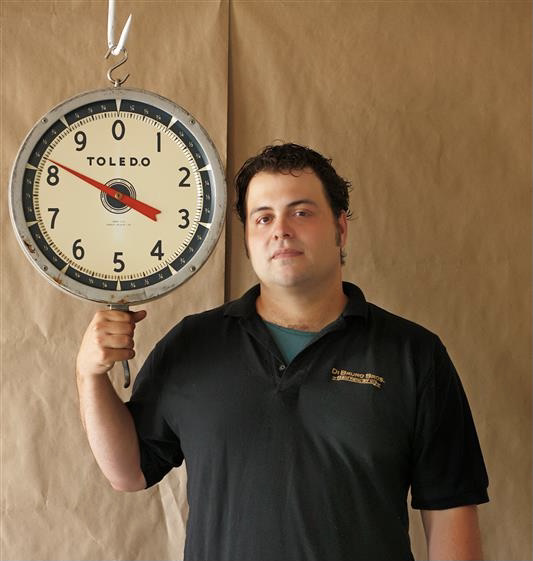For many makers in the specialty food industry, obtaining shelf space in retail stores represents a significant milestone in their growth.
This Thursday, March 24, Hunter Fike, category manager at DiBruno Bros., and Jen and Chris Porter from Timber Lane Handcrafted, will discuss how they forged their relationship, from Timber Lane’s initial pitch to how they have managed a successful ongoing partnership that provides benefits for both sides.
Fike and the Porters will offer insights about what buyers look for when reviewing new products, and share lessons for makers seeking to hone their skills at establishing retail relationships and maintaining them for the long term.
The Maker Prep Webinar begins at 1 p.m. EDT. Register here.
SFA News Daily recently spoke with Fike and Jen Porter about the upcoming webinar.
Can you briefly summarize what you plan to discuss in this webinar?
Fike: Our plan is to speak about buyer/vendor relations, with particular attention paid towards establishing the relationship.
Porter: We will be taking about how our relationship came together with DiBruno Bros., including our initial pitch to Hunter Fike, and talk about our product.
What advice do you have for makers seeking to get a buyer's attention?
Fike: Know what distinguishes you from other products in your category, and lead with that. It could be locality, cost, organic status, an incredible origin story, a philanthropic cause—whatever it is, know why you’re special and drill that home.
What do you see as the keys to getting your products picked up by retail buyers?
Porter: Our story and our dedication to craftsmanship. Two years ago we turned our COVID furlough into an opportunity to create something we had dreamed about. We took a leap of faith and started Timber Lane Handcrafted. We make sure our retail buyers understand each item is handmade from start to finish. We support only local mills, using wood from the state we reside in, so we continue to support small business.
What are the keys to nurturing an ongoing relationship between the maker and the retailer?
Fike: There are many, but I’d say it all boils down to symbiosis. The relationship has to work for both sides, or it won’t work for either. If you’re asking for a promotional allowance, make sure your lift in purchasing will overcome their miss in revenue. If you need to raise your cost to a buyer, offer to demo to help overcome the potential drop in volume. Transparency in your respective goals goes a long way to achieving this.
How can you maintain your shelf presence once you gain retail shelf space?
Porter: We have an advantage since each item we sell is one of a kind. With every fill-in order our retailers received a unique, never-seen-before product. We also consider our pricing reasonable and competitive.
Editor’s Note: Do you have questions for Hunter Fike in advance of the webinar? Leave them here at the specialtyfood.com Community Hub.
Related: CBD, Label Claims, Food Safety Pose Potential Legal Headaches for Industry; What to Expect From FDA in 2022.

